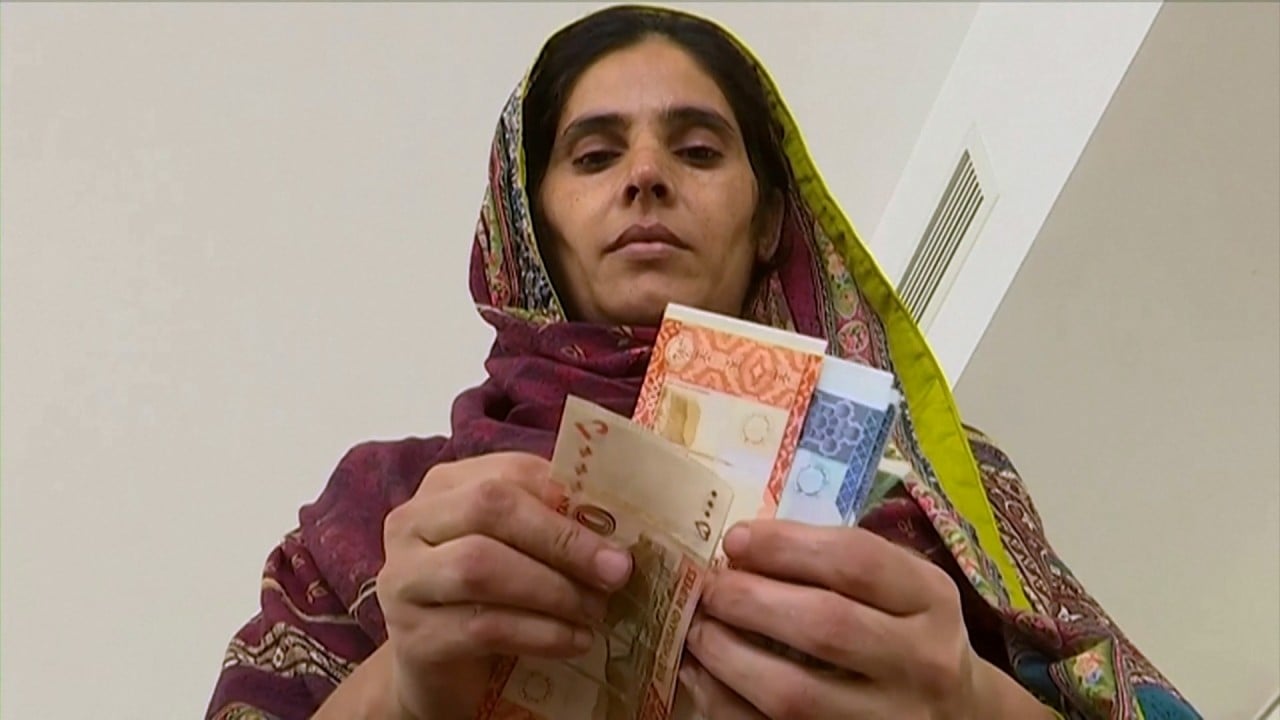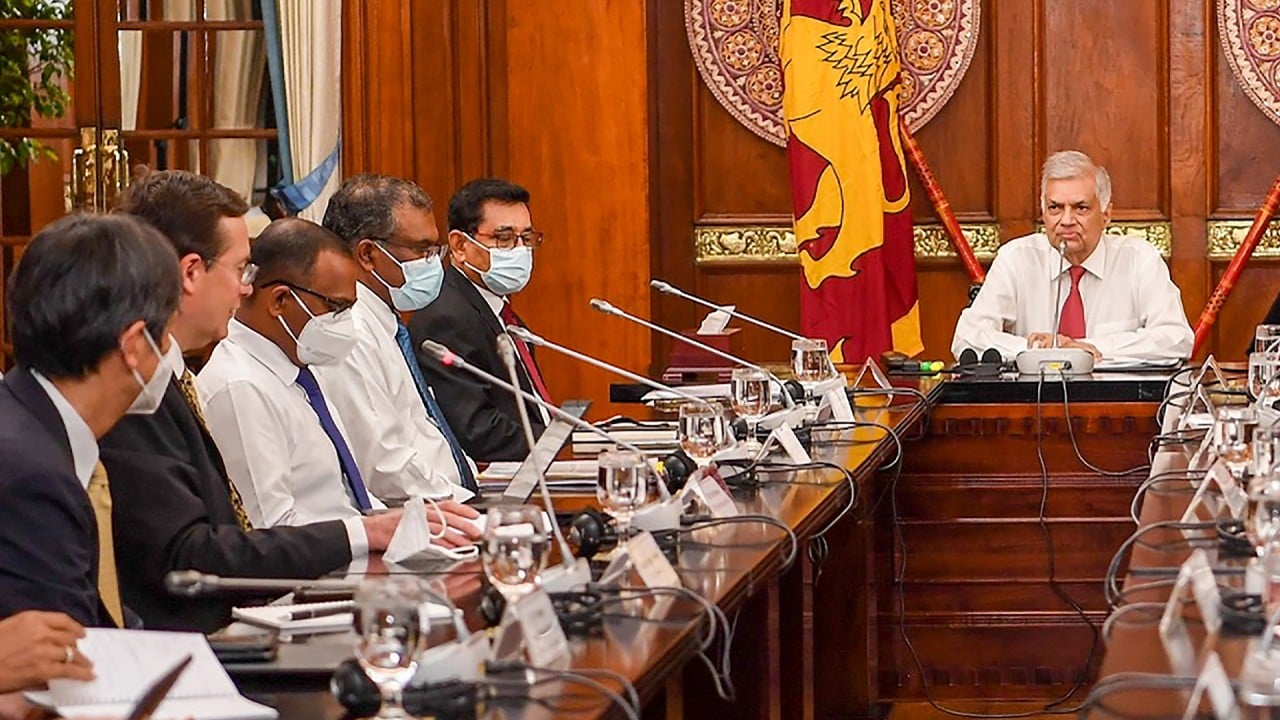
Tax the rich and Big Oil to avoid a global recession
- Policy tightening is a recipe for disaster, increasing the odds that recession will follow in some parts of the world
- Instead, more progressive taxes are needed to make the wealthier help fund welfare reforms, and to rein in excessively profitable energy companies
How much money do you really need to thrive or, more critically, to survive in the modern age? Oxfam, the international charity focusing on the alleviation of global poverty, has said the world’s 26 richest people own as much as the poorest 50 per cent.
It’s an unfortunate sign of our times that global inequality is getting worse, poverty and malnutrition are becoming more acute and world welfare levels leave much to be desired. There is a critical need for a global levelling up across nations, but where does it start?
It’s time to redistribute global wealth and put resources back into the hands of the needy, to re-energise consumer spending and to help jump-start sustainable long-term recovery for the benefit of all rather than a privileged minority. It’s a big challenge but the world is crying out for change, especially at a time when global growth is heading into another spell of stagnation.
In its recent World Economic Outlook, the International Monetary Fund was pretty downbeat about the next few years, with the world economy facing multiple headwinds from the Ukraine war, the energy price spike and the cost-of-living crisis.
More progressive tax levies are needed to make the wealthier in society help fund much-needed welfare reforms, improve healthcare and provide better education facilities. It’s these key areas which are under increasing pressure as governments seek extra spending cuts.
Windfall taxes are needed to rein in the excessive profits of the global energy companies and international financial institutions, raked in during recent market upheavals. It has been estimated that profits at the world’s seven biggest oil firms have surged to as much as £150 billion (US$173 billion) so far this year, as Russia’s war on Ukraine pushes up energy prices.
Global hunt for Russian billionaires’ superyachts not worth the expense
A universal financial transactions tax is needed to curb the excessive speculation and market volatility caused by hedge funds and high-risk speculators profiting from recent crises, which have amplified global financial instability and caused more economic hardship for people in the process.
Tax havens should be actively banned to end tax avoidance for the wealthy and privileged elite. New regulatory regimes are needed to ensure transparency for corporate accounting and guarantee that large cross-border digital retailers and social media giants pay their fair share of taxes in countries where their business activities originate.
Higher progressive taxes would not dampen the spirit of free enterprise, as is often claimed, but should give the majority of the world who live under regressive tax systems more scope to spend their improved disposable incomes.
Addressing wealth and income inequality is not only an important priority for China, but could also be deemed a vital step towards sustainable faster growth in future.
If anything can help lift global growth from the languor of 2-3 per cent to 4-5 per cent, it is a world based on fairness and equality.
David Brown is the chief executive of New View Economics



